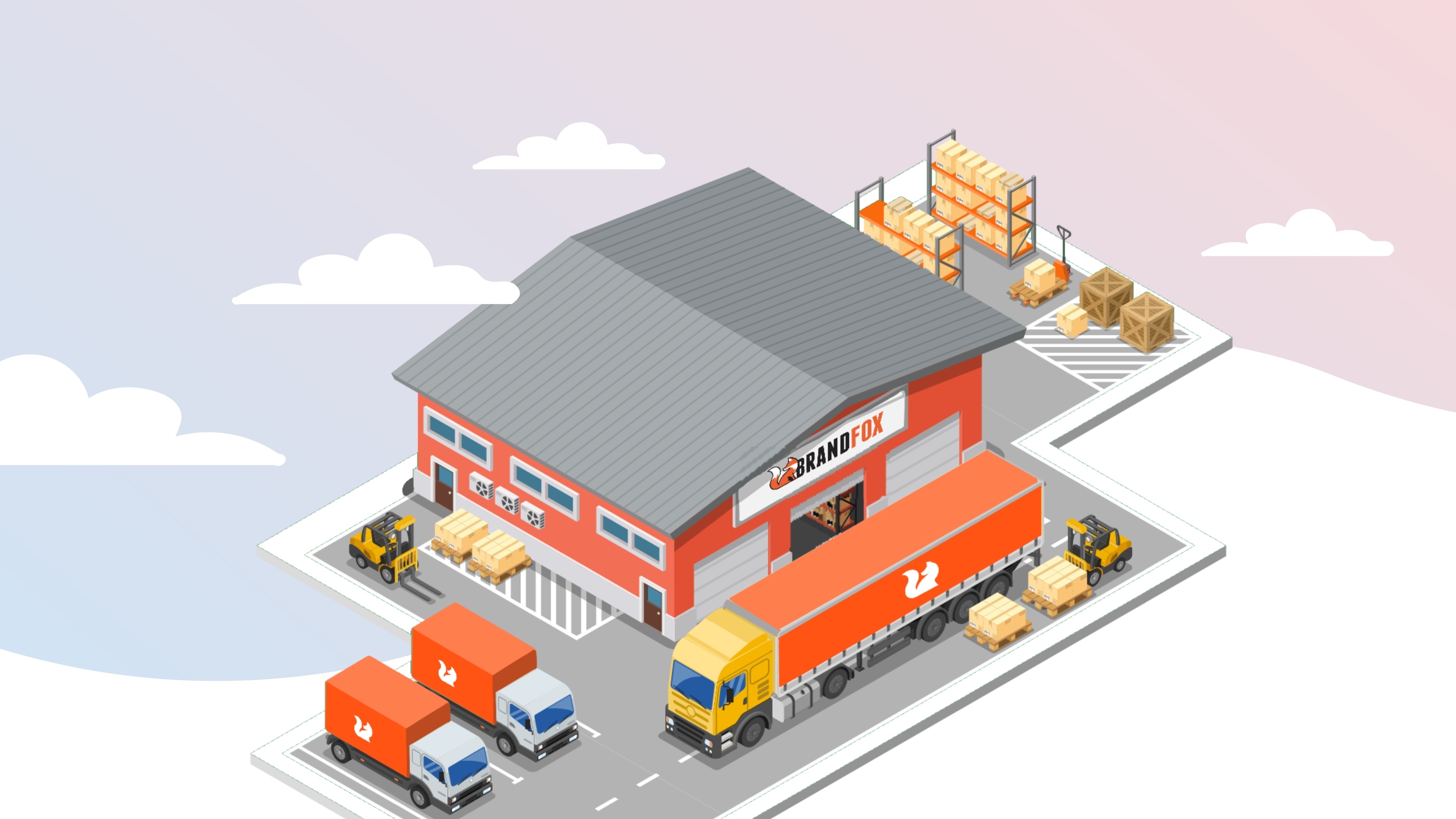Peak Season Planning... As If!
There is no chance that you (or anyone) will perfectly predict how peak season is going to go. Brands will let you know how many orders they think...
.jpg)
Electronic Data Interchange is a critical component of modern supply chain management for retailers, suppliers, and brands selling their products. But what is EDI and what benefits do EDI transactions provide?
Electronic data interchange (EDI) is the standardized transmission of information between B2B purchasers and suppliers over a secure, computer-to-computer connection. EDI systems have streamlined how businesses exchange data needed to fulfill and efficiently manage wholesale orders. They also allow for more visibility and accurate information being transferred between the parties involved, creating a better partnership in the long run. These systems eliminate the need for paper processes such as faxing that could contribute to errors and delays in processing orders, or a lack of security.
EDI systems are able to securely send documents such as:
EDI is game changing in wholesale distribution because it standardizes fulfillment processes, improves supply chain visibility, and encourages a quick and accurate exchange of information.
Many large retailers require that EDI transactions are used for exchanging documents and processing orders. If you want to partner with them or have your eCommerce items sold in their store, you must comply with their EDI requirements. As an eCommerce brand, it will be important to find a partner that is EDI compliant and can fulfill your potential B2B orders as your company grows.
Even if retailers don’t require it, EDI communications are essential in B2B fulfillment because they help to reduce order-to-shipment times. When working with numerous retail partners, it's vital to have streamlined and efficient processes that set your team up to meet strict delivery deadlines.
The logistics world moves quickly, and companies must constantly adapt their strategies to stay at the top of the industry. Electronic Data Interchange transactions are able to help businesses and wholesale providers create strategic plans to boost efficiency, increase revenue, and grow successful partnerships.
Learn more about the key differences in B2B and DTC fulfillment and the benefits of having a hybrid warehouse.

There is no chance that you (or anyone) will perfectly predict how peak season is going to go. Brands will let you know how many orders they think...
-1.jpg)
Cold chain logistics is the technology and process that allows for the safe storage and movement of temperature-sensitive goods and products...

A well-functioning logistics system ensures that products arrive at their destination on time and in optimal condition. This is true for all sorts of...